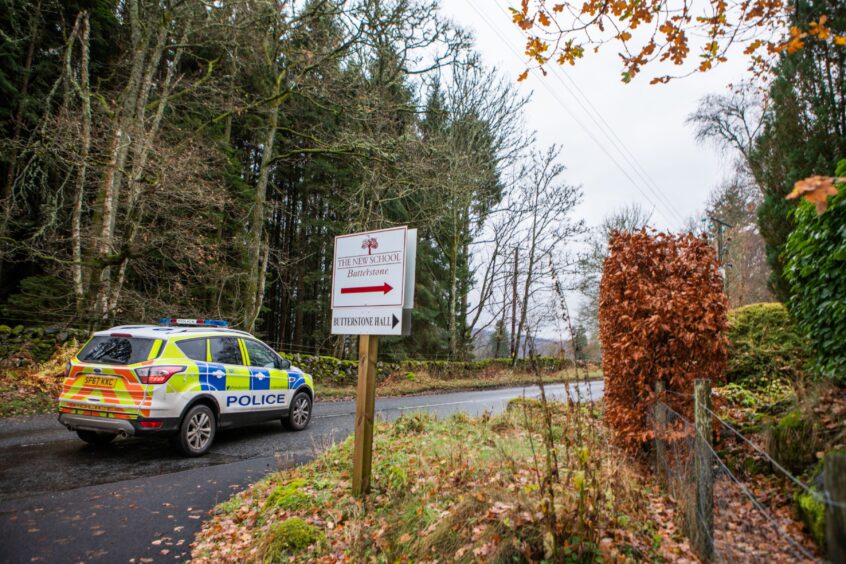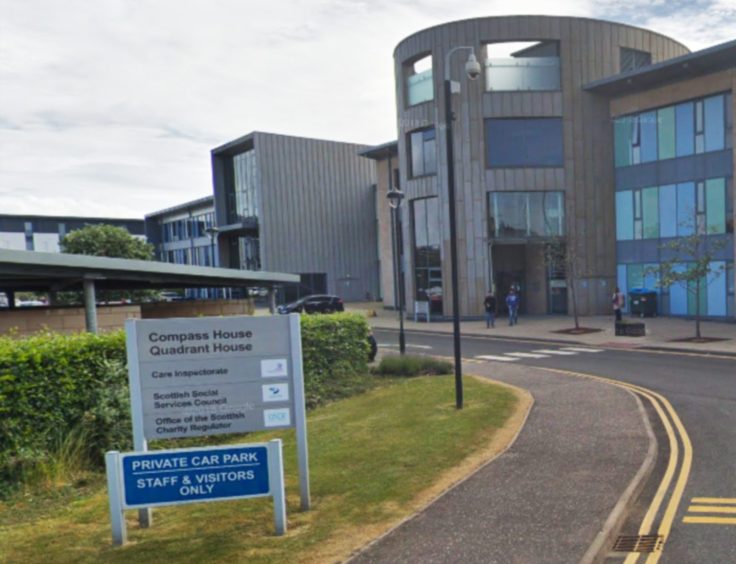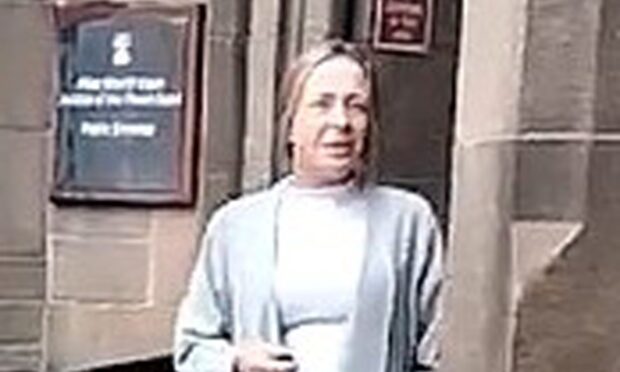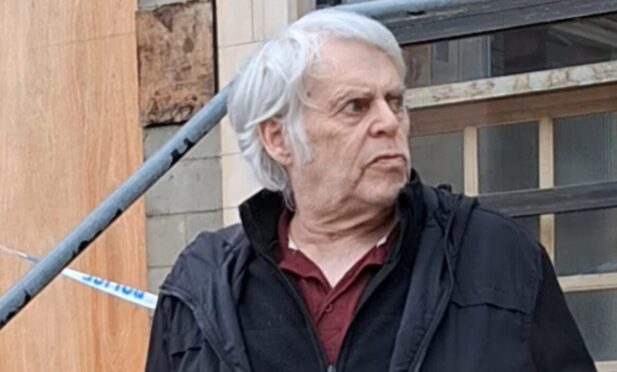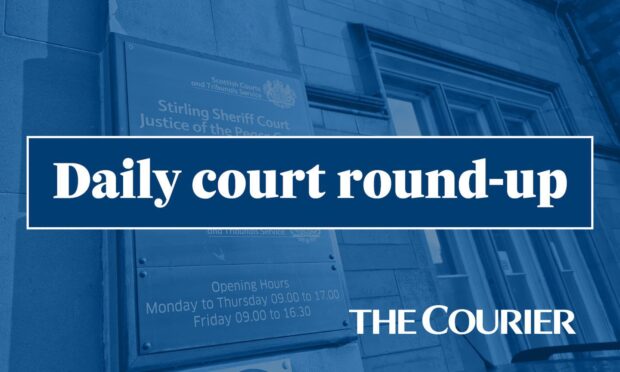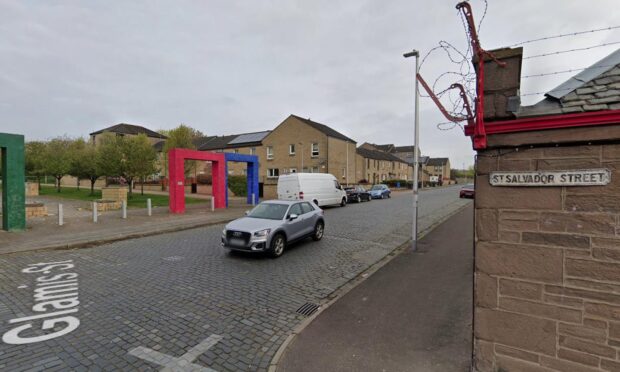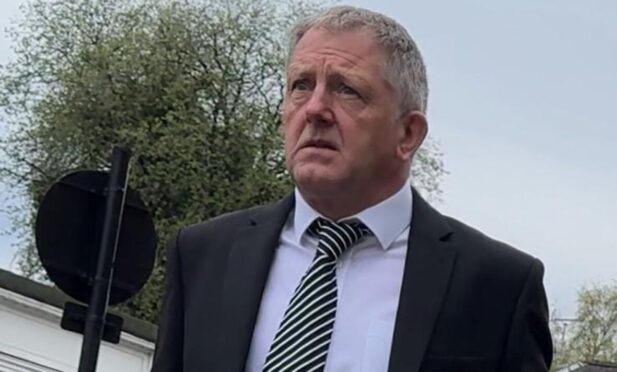The former head of a Perthshire special needs school which shut suddenly in 2018 has told a court he believes the closure was politically motivated.
The New School Butterstone, near Dunkeld, was closed with just a few days’ warning, leaving 24 vulnerable students without an education and more than 50 people out of work.
Bill Colley, the ex-head of school, is now suing the Care Inspectorate for £650,000, claiming the government body is responsible for “substantial damage” to his reputation and loss of earnings.
He has previously rejected the findings of a 2020 inquiry which ruled the school closed because of financial difficulties when a potential buyer pulled out.
Mr Colley set out his stall at a debate hearing at Dundee’s new Justice Hub – by chance, next door to the Care Inspectorate’s HQ.
Whistleblower
The hearing before Sheriff George Way will decide whether the case can go forward to the next stage, an evidential proof.
Mr Colley is seeking a decree of £648,950 – his estimated earnings from January 2019 until his planned retirement in June 2028.
He claims the Care Inspectorate “acted unlawfully” against him “with reckless and malicious intent”.
The case largely centres on Mr Colley’s response to a letter from a whistleblower, alleging two pupils were assaulted by a member of staff.
Mr Colley received the letter on September 24 2018 – nine weeks before New Butterstone was shut by the school board.
“It was marked strictly private and confidential,” Mr Colley said.
“I opened it, read it and passed it on to our child protection coordinator.”
Mr Colley said it was alleged pupils had been “struck” in incidents seven days apart but added there was “no evidence” they happened.
The letter, written by a member of staff, claimed an anonymous colleague had put their hands around a student’s neck.
The same complaint was received by the Care Inspectorate – although this time naming the staff member allegedly responsible – and later by Police Scotland and Perth and Kinross Council.
The Care Inspectorate, which according to the 2020 inquiry had raised concerns Mr Colley was “seeking to minimise the allegations and to justify the school’s initial response,” later issued an improvement notice regarding safeguarding training, whistleblowing and how conflicts of interest should be managed.
The letter said if improvements were not made, further enforcement action could be taken against the school, including the possible withdrawal of its care accommodation registration.
Restructuring
Mr Colley was suspended the day before the improvement notice was issued.
He told the court he had earlier revised the school structure, meaning he was not responsible for operational issues, including child protection and safeguarding or reporting such matters.
“My role was purely strategic,” he said.
The school’s Head of Care was Angela Gordon, who is also suing the Care Inspectorate.
Mr Colley said: “There was a deliberate separation between my role as chief executive and operational matters in relation to child protection.”
He said the set-up was established to “avoid conflicts of interest” and said the whistleblower’s letter had raised concerns about children but was not – as the Care Inspectorate saw it – “a child protection matter”.
Sheriff Way questioned Mr Colley about his role and responsibilities.
“If, for example, you were the conductor of an orchestra and not in charge of the violin section, the violinists would still answer to you,” he said.
‘Political agenda’
Mr Colley claims the Care Inspectorate made “defamatory” allegations about him, including that he had an “operational responsibility for child protection matters and failed to act responsibly,” and that he failed to investigate and report the whistleblower’s concerns to the Care Inspectorate.
“The Care Inspectorate should have had no involvement at all,” he said.
“If they had not been involved my reputation would not have been damaged.
“And children would not have lost their school, their education, and suffered trauma and everything else.”
Mr Colley said some of the children affected never returned to school.
He added: “The defender’s (Care Inspectorate) entire raison d’etre for getting involved was there had been a failure to report.
“There was no failure but this defamatory information was passed on to third parties and caused reputational harm.”
He added: “The Care Inspectorate were ‘ultra vires’ and motivated by malice and improper purpose.
“There was a political agenda.”
The Care Inspectorate has stressed that in its improvement notice of November 9 2018, there was no suggestion the school should be closed.
Solicitor advocate Alistair Sloan argued the organisation was not responsible for how that letter was interpreted by the school’s board of governors.
The Care Inspectorate denies there was a malicious or hidden agenda behind its involvement with the school and says it was simply following procedure.
Sheriff Way said he will deliver his written judgement in due course.
For more local court content visit our page or join us on Facebook.



